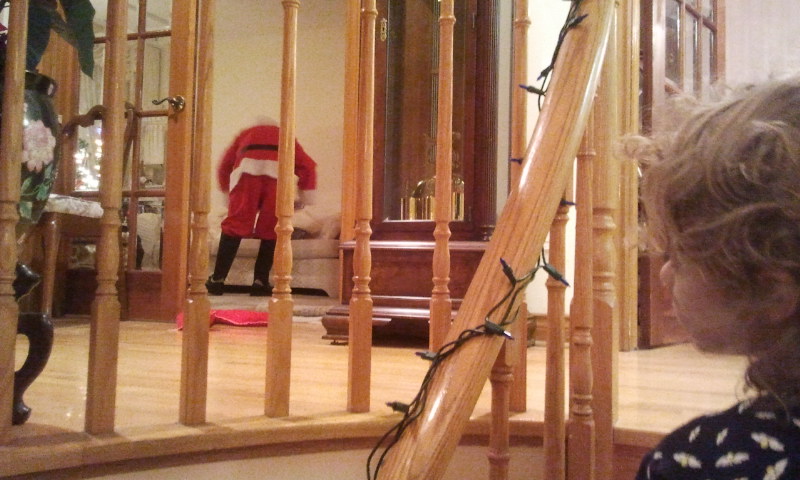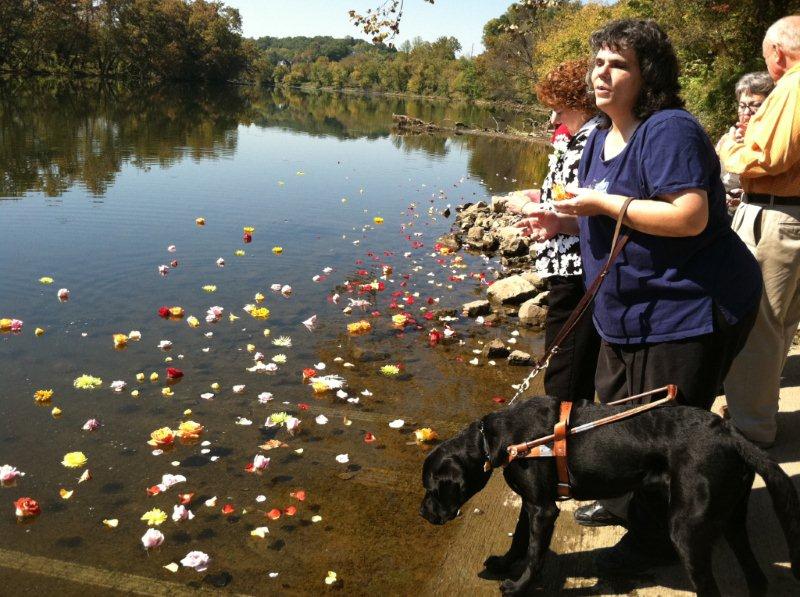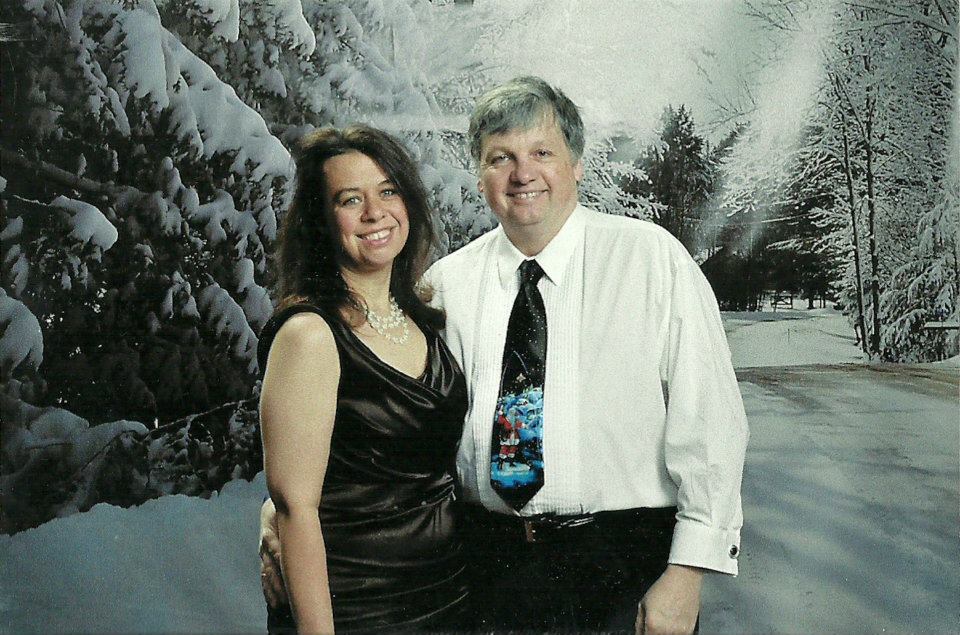Being a mom is very hard work, especially when you add autism into the mix. While it is more rewarding than anything else in the world, it is also exhausting and overwhelming. At times we special needs moms feel isolated from “real” life, misunderstood by friends and family members, and under-appreciated by our spouses.
Very often, it seems as if we have to carry the full load by ourselves. We are the ones who make sure the laundry is done and the dishwasher is packed. We supervise homework and get the kids to bed at a reasonable hour – at least, we try to. When a child has a sensory-induced meltdown, we are there to catch the fall-out. Many of us also have jobs that involve lengthy commutes, and most of us will sometimes pretend we need to use the bathroom just to get a couple of minutes to ourselves.
I would venture to say that at some point in time, all special needs moms – and possibly all moms in general – feel as if our husbands just don’t get it. They don’t understand how hard it is for us or how overwhelmed we feel. They get confused when we say we are lonely, because they don’t realize that our lack of a circle of friends is not a matter of choice. And sometimes, they are absolutely baffled by the resentment we express when we work ourselves to the bone until late every night while they sit on the couch watching TV.
I am generalizing, of course. There are plenty of men who are not lazy, self-centred and disinterested, just as there are plenty of women who are. Most dads do step up to do the parenting thing, and they do it well. They at least try to be supportive of their partners, even if they don’t always “get” it. I know some of these men. Hell, I’m married to one of them. Even on days when things are less than perfect – you know, those days when I complain about how hard my life is – I am grateful to have a husband who loves and supports me and is Dad to his kids in the ways that really matter. In fact, my husband doesn’t believe me when I tell him about things that some other dads either do or fail to do.
I belong to an Internet support group for parents of children with autism. The vast majority of members are moms, but there is a sprinkling of dads. A thread that’s going on in the group now makes me reflect on how lucky I really am.
You see, parenting a child with autism goes beyond the usual tasks of providing nutritious meals and ensuring that clothes are clean. You have to do things that you wouldn’t have to do for typical children, like teaching basic living skills that other kids naturally pick up from environmental cues. For example, I’ve never had to teach the toothbrushing routine to my younger son, who does not have autism. But for my older son, who does have autism, I have visuals set up and I have to give him verbal prompts throughout. And still, he requires a certain amount of hand-on-hand assistance for this task.
Where boys are concerned, there are certain life skills that it’s far easier for Dad to teach than Mom. Shaving facial hair being one. Aiming properly while peeing standing up being another. Women don’t have the need for one or the equipment for the other.
One of the dads in my Internet group posted a message several days ago offering tips for teaching a boy how not to pee all over the bathroom. Some of the advice was based on the notion of the boy’s father teaching by example. A mom in the group responded to the message by saying that her husband refused to teach their son this particular skill. Her response generated a number of other messages from moms in a similar boat.
Seriously? A father cannot take the time or trouble to teach his son such a fundamental skill? Yes, teaching stuff relating to bodily functions can be less than pleasant, and yes, this kind of thing does come with a certain lack of privacy. But these are our kids, and if we don’t teach them this stuff, who will?
I’m not saying that the dads I am referring to are bad fathers. You don’t have to teach your son how to pee properly in order to be a good dad. I’m just suggesting that it is perhaps a short-sighted approach, and that sometimes we just have to put the needs of our kids over and above our own sense of discomfort. The discomfort is temporary, while the skill learned will last forever.
There are times, of course, when male input is not available. Single moms, or those whose husbands are too incapacitated to help out, make a plan to teach their kids whatever skills are needed.
But dads, if you are present and physically able, please help teach your sons the stuff that dads can teach best. You will give your boys essential skills that will stand them in good stead for the rest of your lives, and the mothers of your children will be that much less frazzled and stressed. Who knows? It could even lead to you and your partner having more quality time to spend together.
And in a world that is high on pressure and low on time, that can only be a good thing.






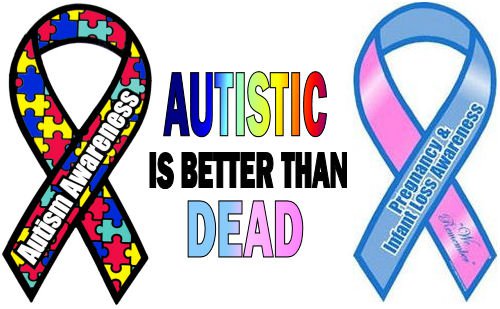
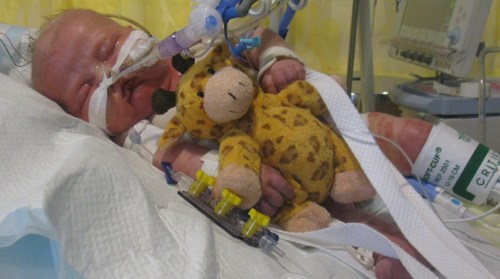 This month, I also donate blood for the first time – at least, the first successful time. My inspiration is baby David, affectionately known as Captain Snuggles. Sadly, David dies just days later, at just 8 months old.
This month, I also donate blood for the first time – at least, the first successful time. My inspiration is baby David, affectionately known as Captain Snuggles. Sadly, David dies just days later, at just 8 months old.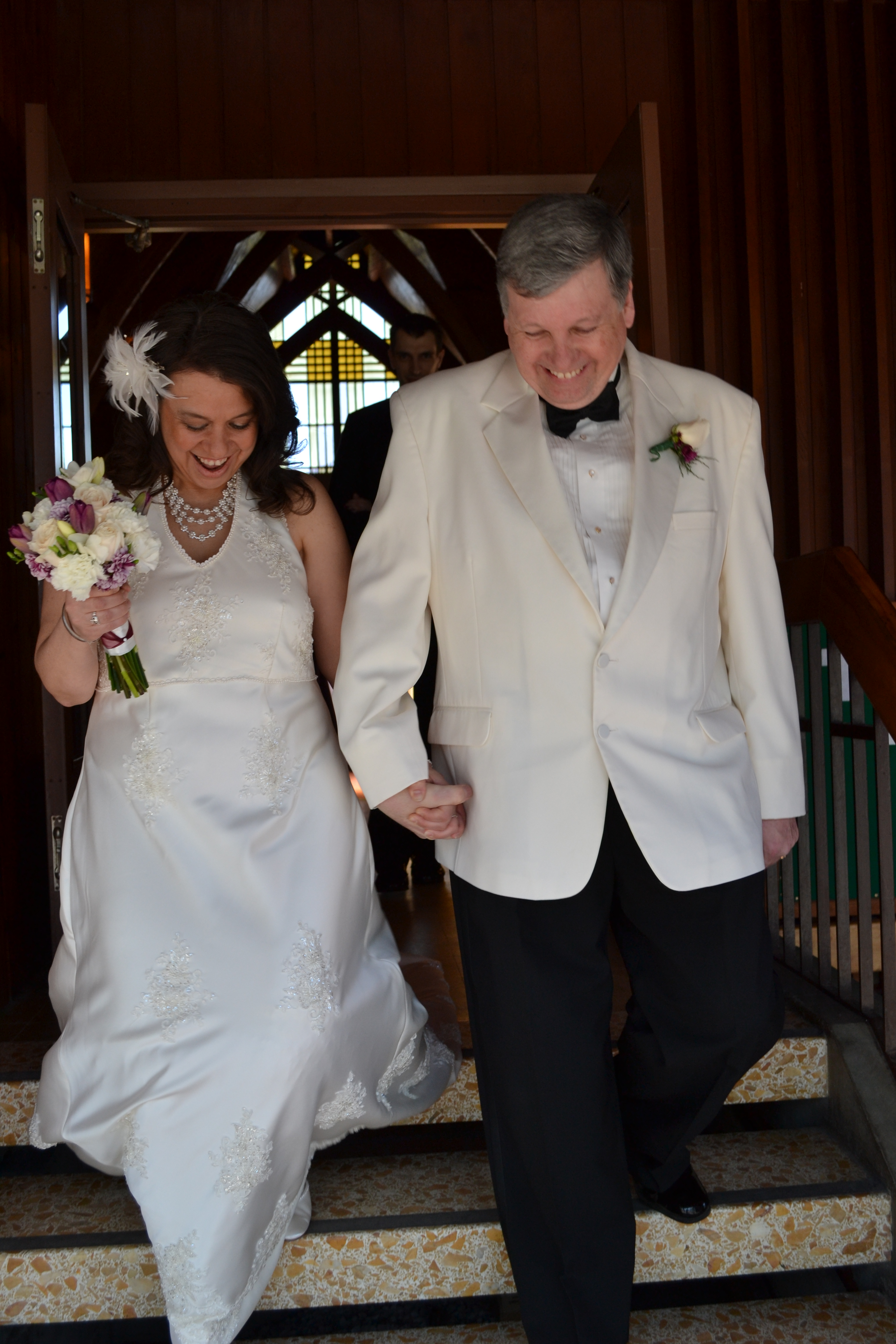 The big day arrives, and it goes perfectly! My hair and makeup look lovely, and the dress – made by my mother-in-law – is perfect. I marry the man I love, and everyone has a lovely time, including the kids.
The big day arrives, and it goes perfectly! My hair and makeup look lovely, and the dress – made by my mother-in-law – is perfect. I marry the man I love, and everyone has a lovely time, including the kids.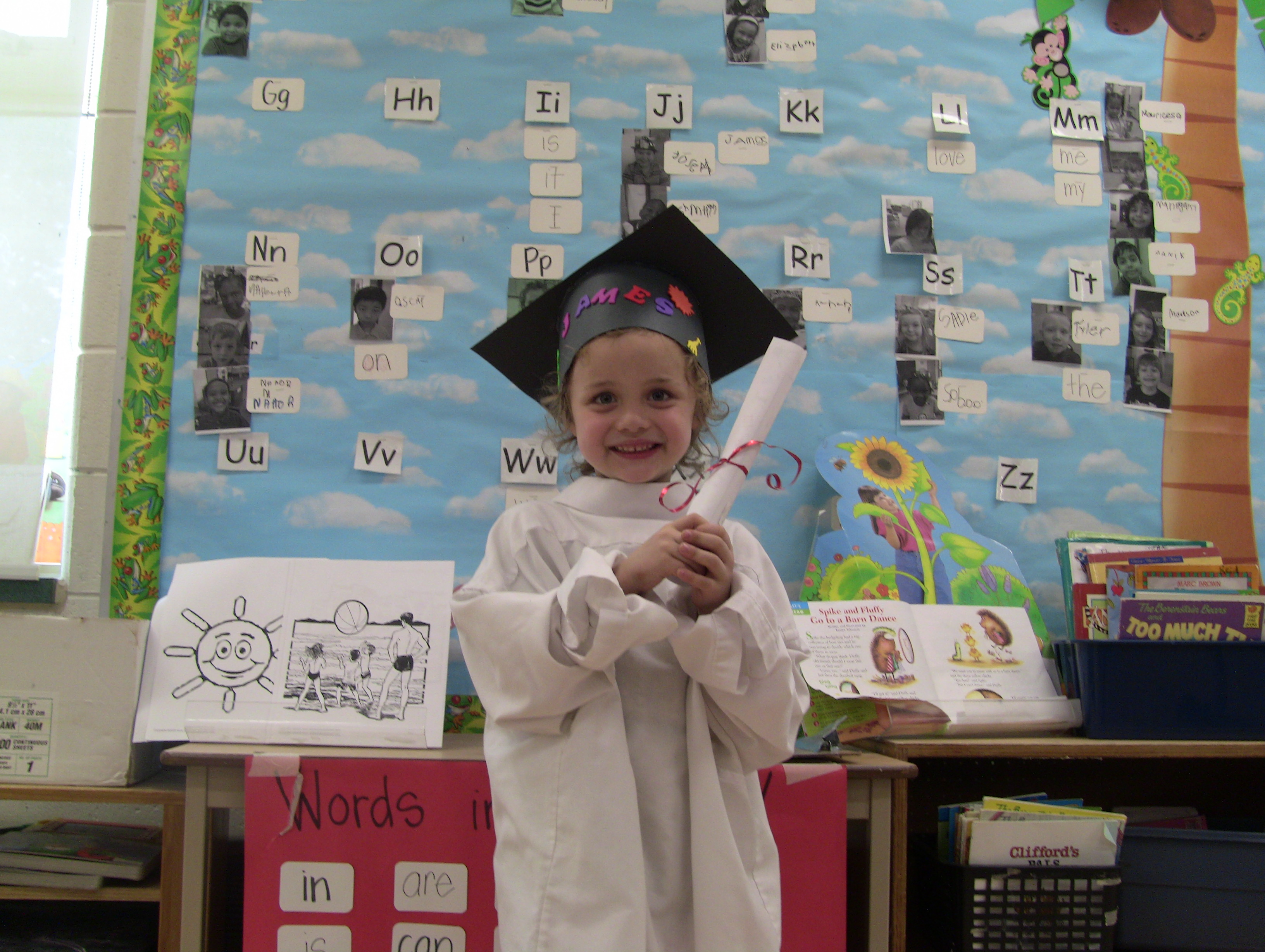 My younger son James graduates from Kindergarten. I have a surreal kind of feeling as I watch my baby up there on stage, wearing his construction paper graduation cap, receiving his Kindergarten diploma. When he and his classmates start singing their songs, I just about die from the cuteness.
My younger son James graduates from Kindergarten. I have a surreal kind of feeling as I watch my baby up there on stage, wearing his construction paper graduation cap, receiving his Kindergarten diploma. When he and his classmates start singing their songs, I just about die from the cuteness.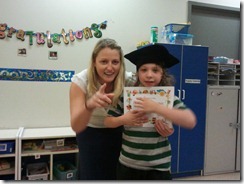
![75738-1975-025f[1] 75738-1975-025f[1]](http://www.runningforautism.com/wp-content/uploads/2011/12/75738-1975-025f1_thumb1.jpg)
